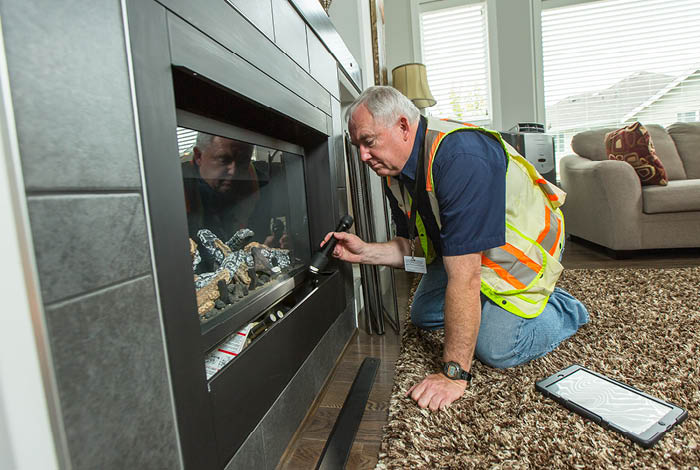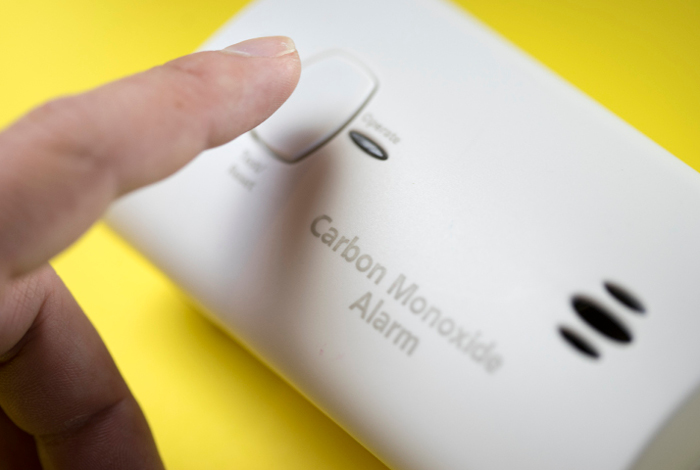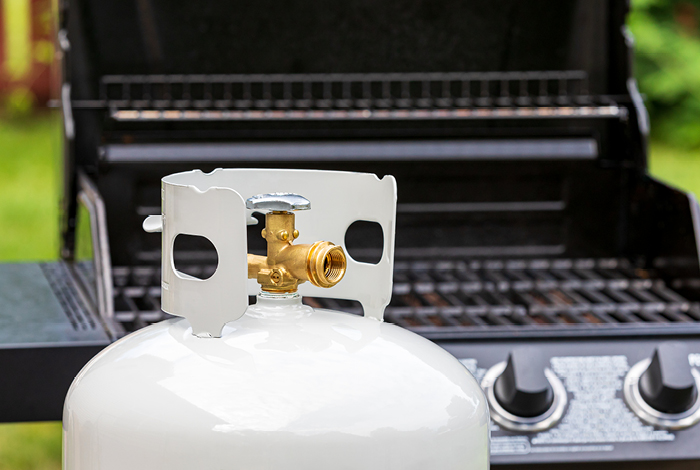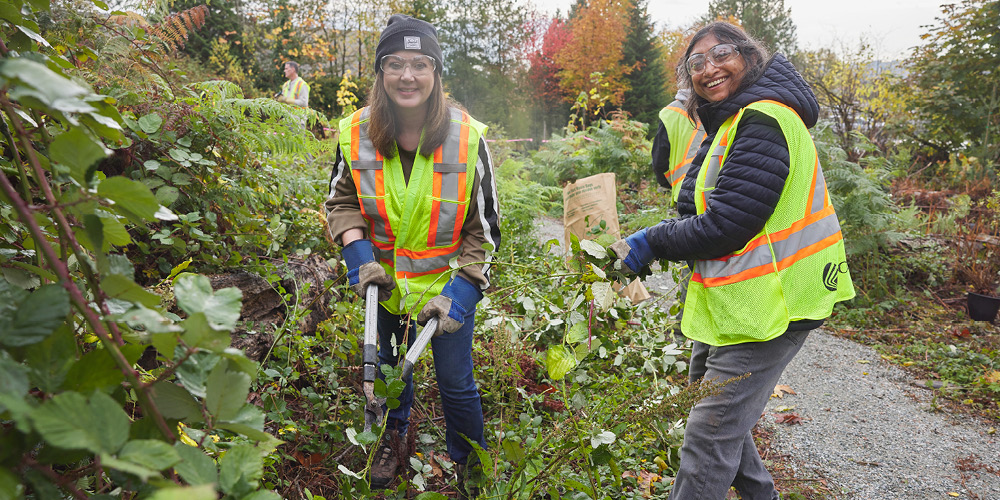How to prevent carbon monoxide exposure
December 20, 2019
Updated: October 31, 2023
Yearly maintenance of your gas appliances can help keep you and your loved ones—including four-legged family members—safe this heating season. To avoid unexpected issues, like a carbon monoxide (CO) exposure, make servicing these appliances a top priority.
Carbon monoxide: a gas you can’t see or smell
CO is made when fuels like gasoline, propane, wood or natural gas aren’t completely burned.
Unlike the gas used in your home, which we make smell like rotten eggs, CO has no smell which makes it much harder to notice.
CO reduces your blood’s ability to carry oxygen. At low levels, it can feel a lot like the flu. At high levels, it can completely stop your blood from carrying oxygen, causing death.1
Like us, our pets are vulnerable to CO, too. Because they’re smaller and spend more time indoors, pets can show signs of CO exposure before us.
Signs of CO exposure in people and pets can look like:
| People | Pets |
|---|---|
|
|
It’s important to get medical attention right away for both you and your pets if you think you’ve been exposed to CO. For more information on symptoms and safety, visit the Government of Canada’s Health Infobase or Technical Safety BC.
Lower your risk of exposure

1. Have your appliances serviced once a year by a licensed gas contractor.
Have a Technical Safety BC licensed gas contractor check your appliances to make sure they work safely and have proper ventilation. It’s one of the best ways to help prevent CO from being in your home.
Don’t have a contractor in mind? It’s easy to find a licensed gas contractor on our directory.

2. Install carbon monoxide alarms in your home.
CO alarms will let you know if there are dangerous levels of CO and give you time to get outside into fresh air. CO alarms must be installed on each level of your home, especially near bedrooms.

3. Never use outdoor equipment indoors.
Don’t use gas-powered equipment like barbecues, camp stoves or generators indoors. This includes garages, sheds, kitchens or any area without proper ventilation.

4. Follow the instructions in your appliance manuals.
When buying equipment, check for safety labels like the Canadian Standards Association, and only use the equipment the way you’re supposed to.
If you suspect exposure to CO
Follow these steps:
- Turn off your appliances.
- Get everyone, including pets out of the building.
- Call 911 or FortisBC’s emergency line at 1-800-663-9911 (24 hours).
- Get medical attention to help treat any symptoms.
FortisBC takes CO calls seriously and will investigate all potential CO problems. If there’s a source of CO, a FortisBC crew member will clear out the gas and let you know when it’s safe to go back inside.
Learn more about carbon monoxide safety and appliance maintenance and safety.



